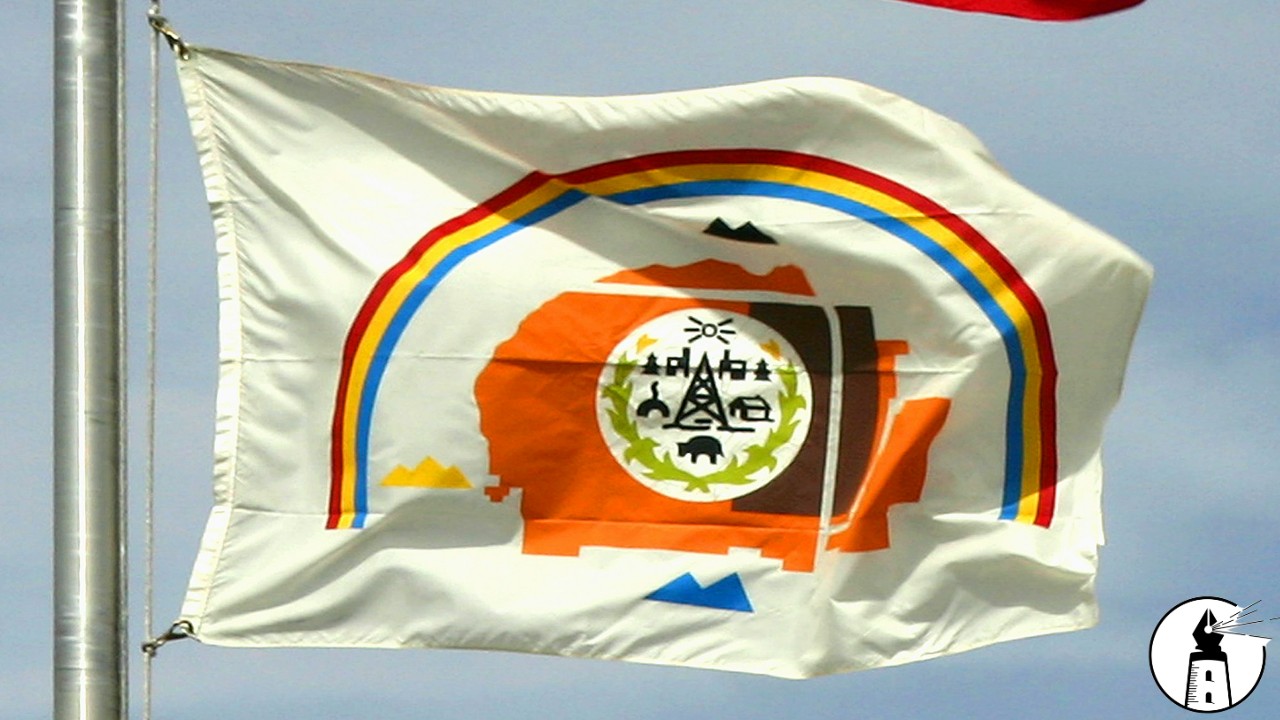The Trump administration’s aggressive immigration enforcement has placed Indigenous communities in the crosshairs, with the Navajo Nation now forced to respond to alarming reports of its citizens being swept up in federal deportation raids. The deep-seated issues of racial profiling, ignorance of tribal sovereignty, and the callous approach of agencies like Immigration and Customs Enforcement (ICE) are playing out in real time, exposing the administration’s disregard for the people whose ancestors have lived on this land long before borders were drawn.
In the early weeks of Trump’s second presidency, the Navajo Nation’s leadership has already received troubling accounts of Indigenous people being stopped at their homes and workplaces, questioned, and, in some cases, detained by federal agents demanding proof of citizenship.
This heavy-handed enforcement not only reveals a complete lack of understanding of Native identity but also echoes the long history of government agencies failing to recognize the legal rights of tribal nations. It is no surprise that the response from Navajo leadership has been swift, with President Buu Nygren advising tribal members to carry state-issued identification and Certificates of Indian Blood to avoid unnecessary confrontations with ICE and other federal authorities.
This failure of federal agencies to differentiate between Indigenous citizens and undocumented immigrants is not just an oversight; it is an indictment of the broader carelessness that has long defined government interactions with Native communities. At its core, ICE’s actions illustrate a fundamental ignorance of the legal standing of tribal nations and the rights of their citizens. The lack of clear answers about whether these apprehensions occurred on reservation land further deepens concerns about potential overreach. The Trump administration, through its enforcement agencies, has made it evident that it prioritizes brute force tactics over nuanced policy, even if that means violating the sovereignty of Indigenous nations or disregarding the legal documentation tribal members carry.
The situation is made even more concerning by the individuals placed in charge of these federal agencies. Kristi Noem, Trump’s newly confirmed Secretary of Homeland Security, has a well-documented history of hostility toward tribal governments. As governor of South Dakota, she was banned from multiple reservations after making inflammatory claims that tribal leaders were benefiting from drug cartels. The fact that the Senate confirmed her to lead the department responsible for overseeing ICE underscores how little regard the administration has for its relationships with Indigenous communities.
Meanwhile, Doug Burgum, nominated to lead the Department of the Interior, awaits confirmation. While his track record with tribal groups has been more positive, his role in overseeing the Bureau of Indian Affairs will be closely watched to see whether he takes a different approach from the administration’s hard-line policies.
The rising fear and anxiety within the Navajo Nation and other Indigenous communities are not unwarranted. The accounts of tribal members being detained or harassed simply because of their skin color speak to the reckless nature of ICE’s enforcement. The pattern is clear: an administration that claims to be tough on immigration is instead exposing its inability to distinguish between actual undocumented individuals and the original inhabitants of this land. While the Navajo Nation continues working with state and federal officials to clarify the status of tribal IDs and citizenship, the broader issue remains. The Trump administration’s immigration policy is driven not by precision or fairness, but by force, ignorance, and the same systemic disregard that Native people have battled for generations.
As grassroots organizations and tribal leaders work to protect their people, the question remains whether federal agencies will acknowledge their failures or continue to operate under a framework that ignores the very existence of tribal sovereignty. If ICE’s current actions are any indication, the Navajo Nation and other tribal governments must remain vigilant in defending their rights against an administration that has already demonstrated its willingness to cast them aside.
—By Greg Collier



